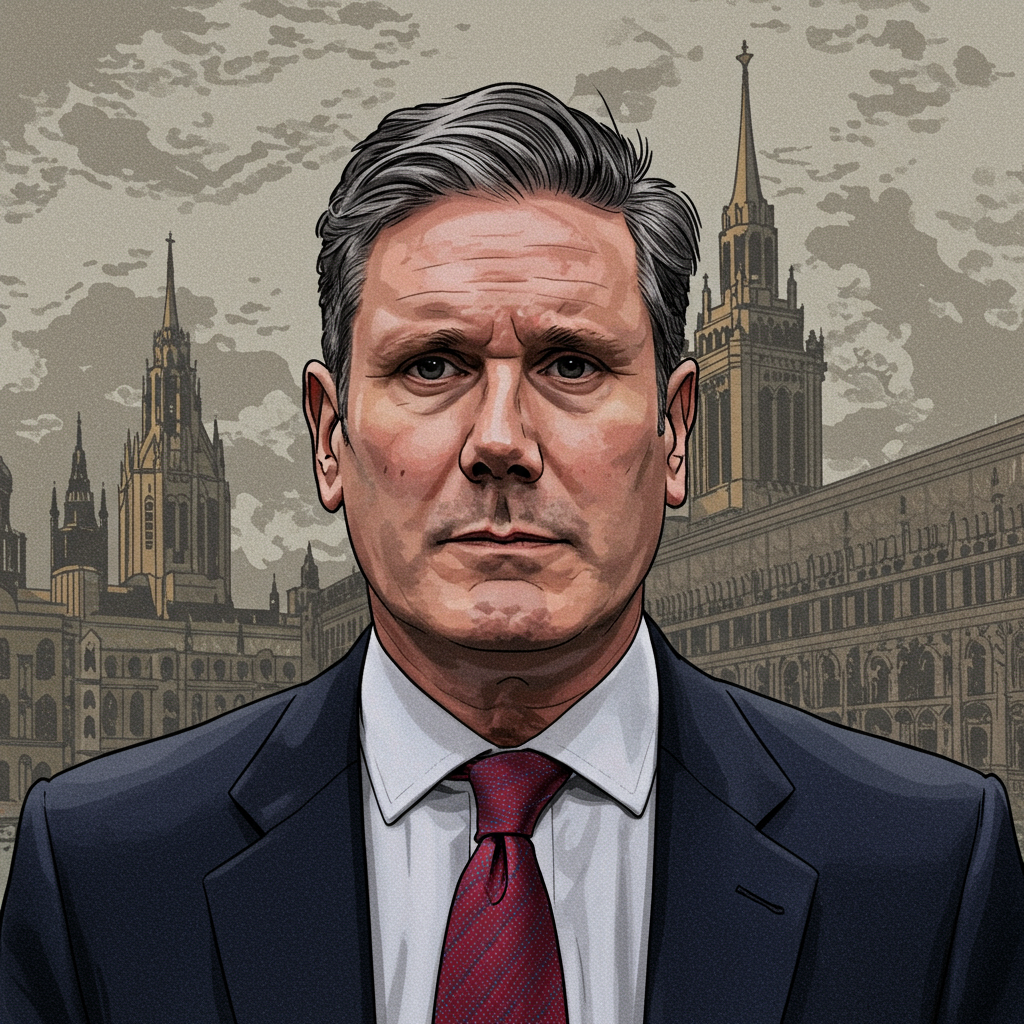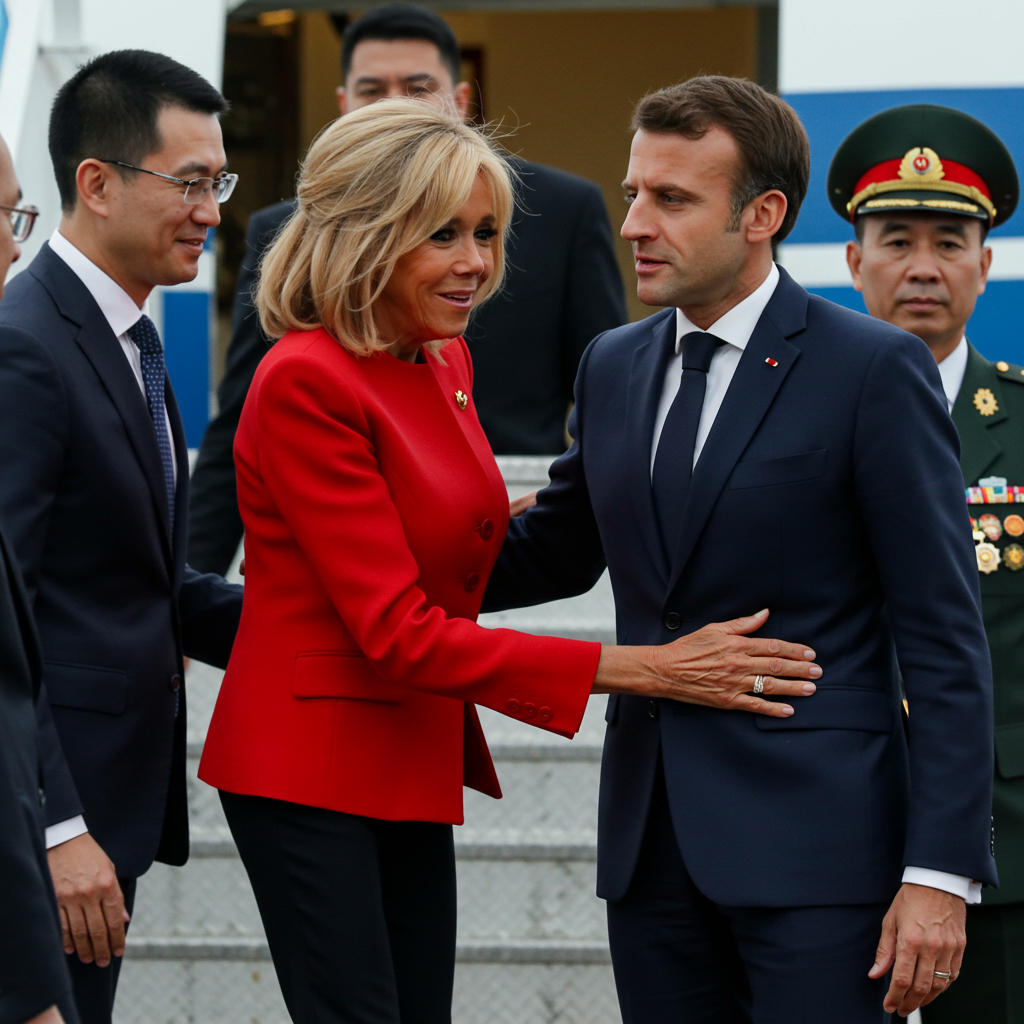Keir starmer’s first year leading the UK Labour government has undeniably faced significant hurdles. What many hoped would be a steady start after a historic election victory has instead been marked by internal friction and perceived missteps. From controversial policy debates to moments of public embarrassment, the administration has navigated a turbulent period. As the one-year anniversary passes, a critical question emerges: can Starmer and his party learn from the challenges and regain momentum?
The initial reactions from within Labour itself were stark. One insider, speaking shortly before the one-year mark, expressed sheer disbelief at the timing of a proposed vote impacting disability benefits. “Who the hell thought this was a good idea?” they reportedly spluttered, mocking the strategic “genius” behind the move. This sentiment captured the immediate fallout from a decision that quickly became a public relations and parliamentary disaster.
Navigating Early Political Storms
The decision to push for changes to welfare laws proved incredibly damaging. Scheduled as the government prepared to celebrate its first year in office, the move instead plunged Parliament into chaos. For several days, the legislative chamber resembled the scenes of intense political turmoil seen in previous years. Labour, striving to project an image of capable governance, appeared to falter. This singular event significantly undermined the Prime Minister’s authority at a crucial moment.
The core issue highlighted by this and other events is fundamental to effective government. A ruling party unable to pass its proposed laws in Parliament struggles to wield power effectively. When power cannot be wielded, the ability to deliver on promises and get things done is severely hampered. This reality impacts everyone, regardless of political view.
Beyond the major welfare controversy, other moments contributed to a sense of instability. The government’s earliest weeks in No 10 were reportedly marked by disorganization. One senior figure described them as a “spectacularly ineffective, 70s farce,” citing confusion over roles and authority struggles. Small, awkward incidents, like Starmer briefly tripping outside Downing Street or the Chancellor being visibly upset in the Commons, also chipped away at the perception of a government fully in control, even if the reasons were personal.
The Welfare Vote Fallout and Deeper Issues
The welfare row wasn’t an isolated incident. A government member suggested it brought together many long-simmering issues within the party. It was, they argued, a self-inflicted wound. While a senior source downplayed the situation as “disappointing but not overly concerning,” others felt a greater sense of worry was warranted. The controversy exposed a significant disconnect between the leadership and its backbench MPs regarding what the rank and file would tolerate. Party management, in this instance, was found to be spectacularly lacking.
Ironically, some MPs were frustrated even before this crisis because poor management created a “fog and a funk.” This obscured potentially popular policy initiatives, such as plans for more free school meals or increasing the minimum wage. These tangible benefits for ordinary citizens were drowned out by internal noise and missteps.
Internal Friction and Governing Structure
The challenges faced in the first year point to deeper structural and communication issues within the government. There is an acknowledged need for things to change. A senior government source admitted they must improve engagement with backbenchers, stating they “can’t leave as much of a gap.” The Prime Minister, according to one minister, now understands the need to be “more into the detail.” Many insiders believe the central operation in No 10 still needs significant improvement to function more effectively as Starmer’s power base.
While the initial disarray might have lessened, the legacy of those early issues persists. Those within Downing Street acknowledge the need for better decision-making processes across government departments. They found the structure of power distribution across Westminster and No 10 created an “incredibly weak centre,” which was a surprise. Accepting that No 10 may not function like the US White House means empowering others to make better decisions across Whitehall.
However, other voices within the party argue the fundamental issue lies with the top team itself. They suggest Starmer and his inner circle need to focus more on the “absolute basics” of politics. Some perceive a tone of being “sanctimonious,” seemingly unwilling to engage in the necessary, sometimes “grubby,” business of political management. While they may point to difficult inherited structures or external challenges, critics argue the leadership sometimes struggles to look inward at their own performance.
Pressures From Abroad and Policy Progress
The challenges haven’t only been domestic. The global landscape has presented significant headwinds. External factors, including global economic conditions, potential recessions, spikes in oil prices, and geopolitical tensions, could easily “wreak havoc” on the UK economy. These pressures might necessitate further tax increases in the upcoming Autumn budget, compounding domestic financial strain.
One MP expressed sympathy for the demands on Downing Street, highlighting the immense bandwidth required to handle issues like the Middle East, Iran, welfare, and the economy simultaneously. “There is no lightness in politics,” they observed.
Yet, despite domestic turbulence, the government has actively engaged on the international stage. Prime Minister Starmer visited Kyiv, participating in a “coalition of the willing” meeting alongside other global leaders. This gathering aimed at securing a ceasefire in Ukraine showcased a unified front against Russian aggression and explored further sanctions. Starmer highlighted the unprecedented unity among participating nations as a “significant moment,” demonstrating active engagement in critical foreign policy issues.
Furthermore, a recent UK-Ireland summit in Liverpool marked a “reset” in bilateral relations post-Brexit. Senior cabinet members from both countries met to discuss economic cooperation, investment (with Ireland announcing significant new investments in the UK), renewable energy, tech, and security. Irish Taoiseach Micheál Martin praised Starmer’s leadership as “effective and impactful,” signaling improved diplomatic ties. These engagements offer a contrasting picture to the domestic struggles, showing areas where the government is attempting to build partnerships and exert influence internationally.
Can Labour Turn the Tide?
Amidst the difficulties, many Labour insiders still find reasons for optimism. The widespread acknowledgment that improvement is needed is seen as a crucial first step. There’s hope that issues are fixable if the government recognises its role in causing them and sharpens its decision-making processes.
Several major policy initiatives are already underway. Progress on NHS waiting lists, planning reforms to boost housing construction towards the 1.5 million homes target by 2029, new laws protecting renters, and enhanced workers’ rights are “set in train.” Supporters believe that as these measures begin to yield tangible results, voters will start noticing genuine progress, counteracting the negative perceptions of the first year. Some senior figures feel the government is starting to make “better, more political decisions” and may have reached a “tipping point” where activity increases visibly.
Crucially, there is a recognised determination within Starmer’s team to improve how the government tells its story. Acknowledging Starmer isn’t a natural showman, his circle understands the vital need to define the broad “change” message that helped win the election and move towards communicating specifics. Articulating a new “social contract,” reminiscent of previous successful Labour leaders, is seen as a potential way to better convey their purpose and vision. However, some MPs feel the passion and drive to effectively communicate this vision are still lacking at the top.
Starmer’s history shows resilience. After a significant by-election loss in 2021, he considered quitting but instead fought back. His allies hope this determination will again help him navigate the current challenges.
Looking Ahead: Risks and Potential Rewards
Despite the underlying hope, significant risks persist. The “growing pains” of the first year could become entrenched political problems. Persistent unhappiness on the backbenches might make Parliament a regular obstacle for legislation. One influential figure on the left warned of a scenario where a large group of MPs could effectively block government plans. The fear is that despite a huge parliamentary majority, the government could find itself “drowning” and unable to act decisively.
Upcoming local elections next May present a critical test. Poor results, particularly if Labour’s vote is squeezed by Reform UK on the right and the Liberal Democrats and Greens on the left, could lead to a “cycle of insecurity.” There are also quiet fears of internal leadership maneuvering, with some figures potentially “smelling blood” if Starmer’s difficulties continue, though No 10 sources dismiss the idea of any serious challenge currently.
Ultimately, the Labour government still possesses a massive opportunity thanks to its majority. However, avoiding squandering this chance requires widespread improvement. It’s not just No 10, or ministers, or party managers; it’s “everyone’s job,” as one minister put it. While some insiders were surprised by Labour’s apparent bewilderment by the “normal business of politics” in year one, many hope Starmer’s relentless approach will eventually earn grudging respect from the electorate by 2029, if not outright affection.
The coming year will be crucial. Can the Prime Minister and his party effectively apply the painful lessons learned? The answer will determine whether the early stumbles were merely difficult growing pains or the sign of deeper, persistent challenges.
Frequently Asked Questions
What were the main challenges faced by the UK Labour government in its first year?
The Labour government faced a “year of unintended consequences” marked by internal disorganization, communication breakdowns between leadership and backbenchers, and perceived missteps in party management. A controversial attempt to change welfare laws caused significant parliamentary difficulty. The government also navigated external pressures from a challenging global economy and geopolitical instability.
What was the welfare vote controversy about and how did it impact the government?
Shortly before its first anniversary, the government proposed a vote to change laws affecting disability benefits. This move was met with incredulity and anger from within the party and became a public relations disaster. It exposed poor strategic decision-making and party management issues, significantly undermining the Prime Minister’s authority and making the government appear unable to pass laws effectively despite its large majority.
Can Prime Minister Keir Starmer’s government recover from its difficult first year?
Many insiders believe recovery is possible if the government acknowledges its self-inflicted problems and improves decision-making and communication. There is hope that major policy initiatives already underway will start showing tangible results, shifting public perception. Starmer’s historical resilience is seen as a potential asset. However, recovery depends on learning from mistakes, managing internal party relations effectively, and navigating ongoing external pressures without early difficulties becoming embedded political problems.



